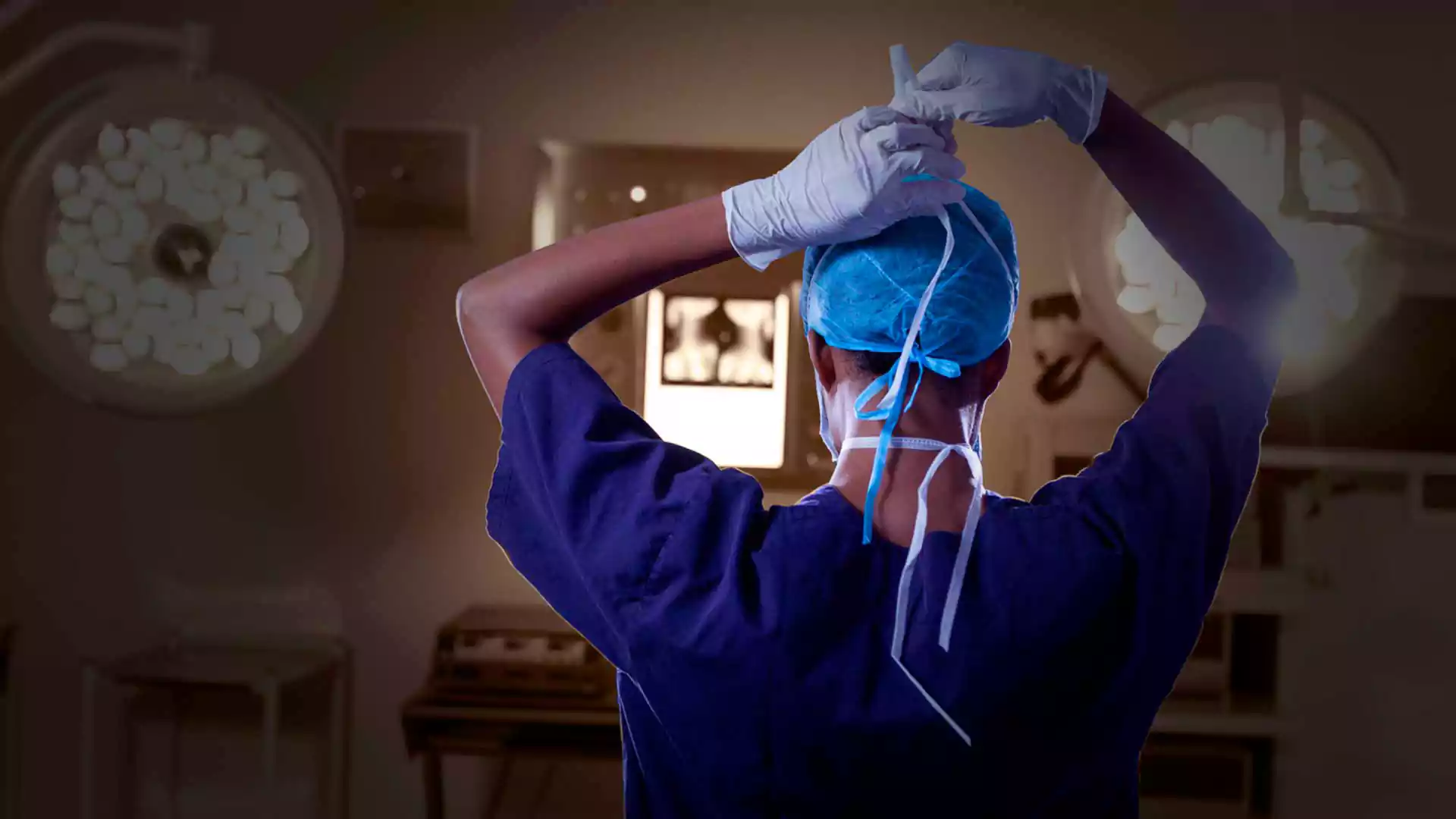
All about open heart surgery in India
What Is Open-Heart Surgery?
Any surgery in which a surgeon opens the chest cavity to perform surgery on the heart's muscles, valves, or arteries is known as open-heart surgery. Open-heart surgery in India is one of the most popular reasons for medical tourism.
According to the NHLBI (National Heart, Lung, and Blood Institute), the most prevalent type of heart surgery performed on adults is coronary artery bypass grafting (CABG). A healthy artery or vein is grafted to a blocked coronary artery during this surgery. The grafted artery can now "bypass" the blocked artery and bring fresh blood to the heart.
Open-heart surgery is another name for traditional heart surgery. Surgeons can now perform many new heart procedures through small incisions rather than large openings. Therefore, the term "open-heart surgery" can be misleading.
When Is It Necessary to Have Open-Heart Surgery?
To perform a CABG, open-heart surgery may be used. People who suffer from coronary heart disease may need a coronary artery bypass transplant.
Coronary heart disease results from the narrowing and hardening of the blood vessels that supply blood and oxygen to the heart muscle. This is referred to as "arterial hardening."
The formation of plaque on the walls of the coronary arteries causes hardening. The plaque narrows the arteries, making blood flow more difficult. A heart attack can happen when blood does not circulate adequately to the heart.
Open-heart surgery in India could also treat the following conditions with the best results:
- Repair or replace heart valves, which let blood flow through the heart.
- Repair or replace damaged or abnormal portions of the heart.
- Implant medical devices to assist the heartbeat function correctly.
- Heart transplantation replaces a damaged heart with a donated heart (heart transplantation).
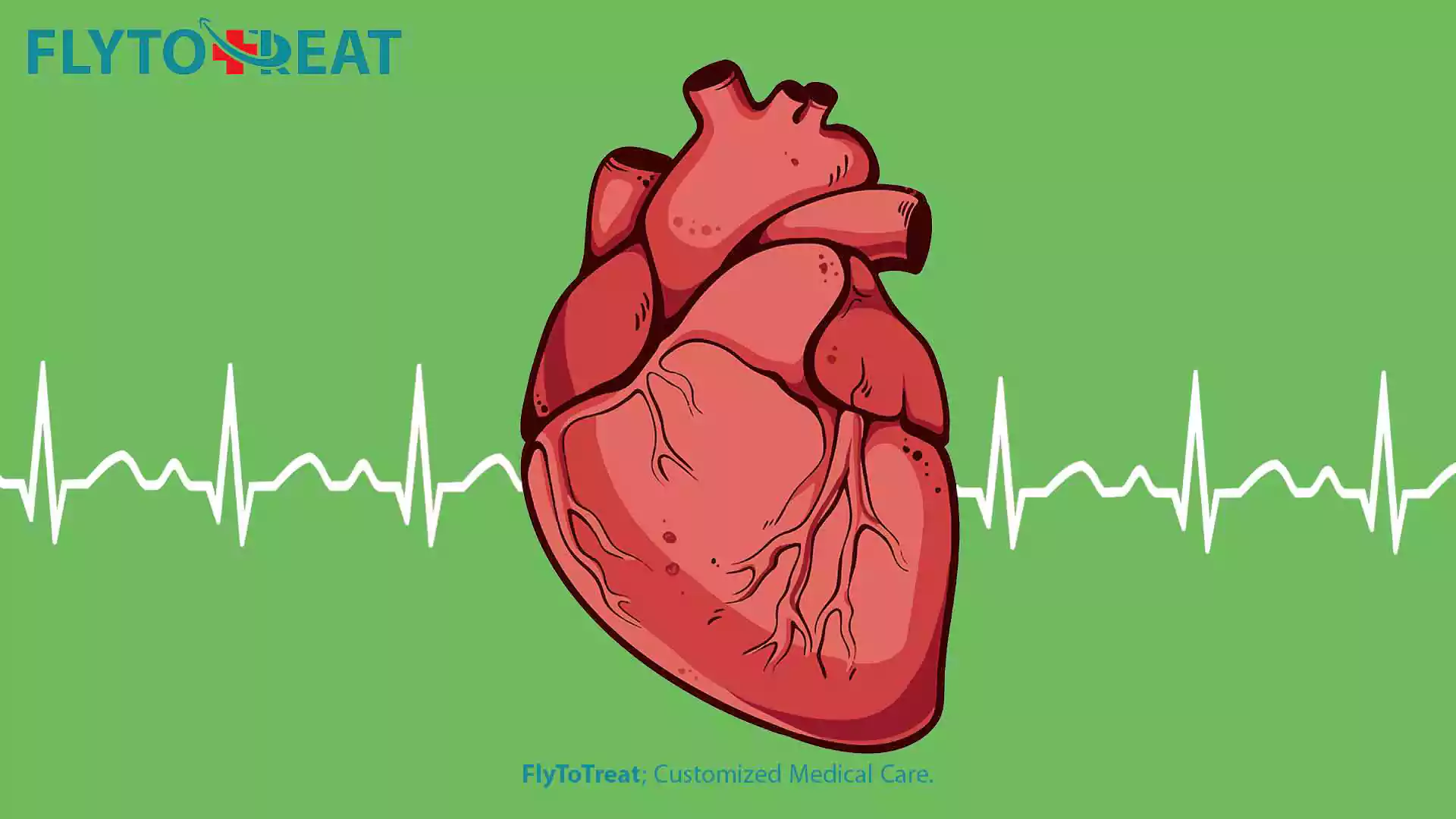
How Is Open-Heart Surgery Performed?
Usually, a CABG takes three to six hours. It's generally done following these basic steps:
- The patient is given general anesthesia. This ensures that they will be asleep and pain-free throughout the whole surgery.
- The surgeon makes an 8- to 10-inch cut in the chest.
- The surgeon cuts through all or part of the patient's breastbone to expose the heart.
- After seeing the heart, the patient will be attached to a heart-lung bypass machine. The equipment diverts blood away from the heart, allowing the surgeon to do surgery. This machine has not been used in certain recent operations.
- The surgeon uses a healthy vein or artery to make a new path around the blocked artery.
- The surgeon uses wire to close the breastbone and leaves the wire inside the body.
- The original cut is sewn back together.
- People who are at high risk such as those who have undergone several operations or who are elderly may benefit from sternal plating. Sternal plating is the process by which the breastbone is reconnected with tiny titanium plates following surgery.
What Are the Dangers Associated With Open-Heart Surgery?
The following are some of the risks associated with open-heart surgery:
- Infection of the chest wound (particularly likely in people with obesity or diabetes or those who have already undergone a CABG)
- A stroke or heart attack
- Erratic heartbeat
- Failure of the lungs or kidneys
- Low fever and chest ache
- Memory deterioration, or "fuzziness."
- A clot in the blood
- A loss of blood
- Breathing problems
- Pneumonia
According to the University of Chicago Medicine's Heart and Vascular Center, the heart-lung bypass machine can cause more significant risks, including strokes and neurological disorders.
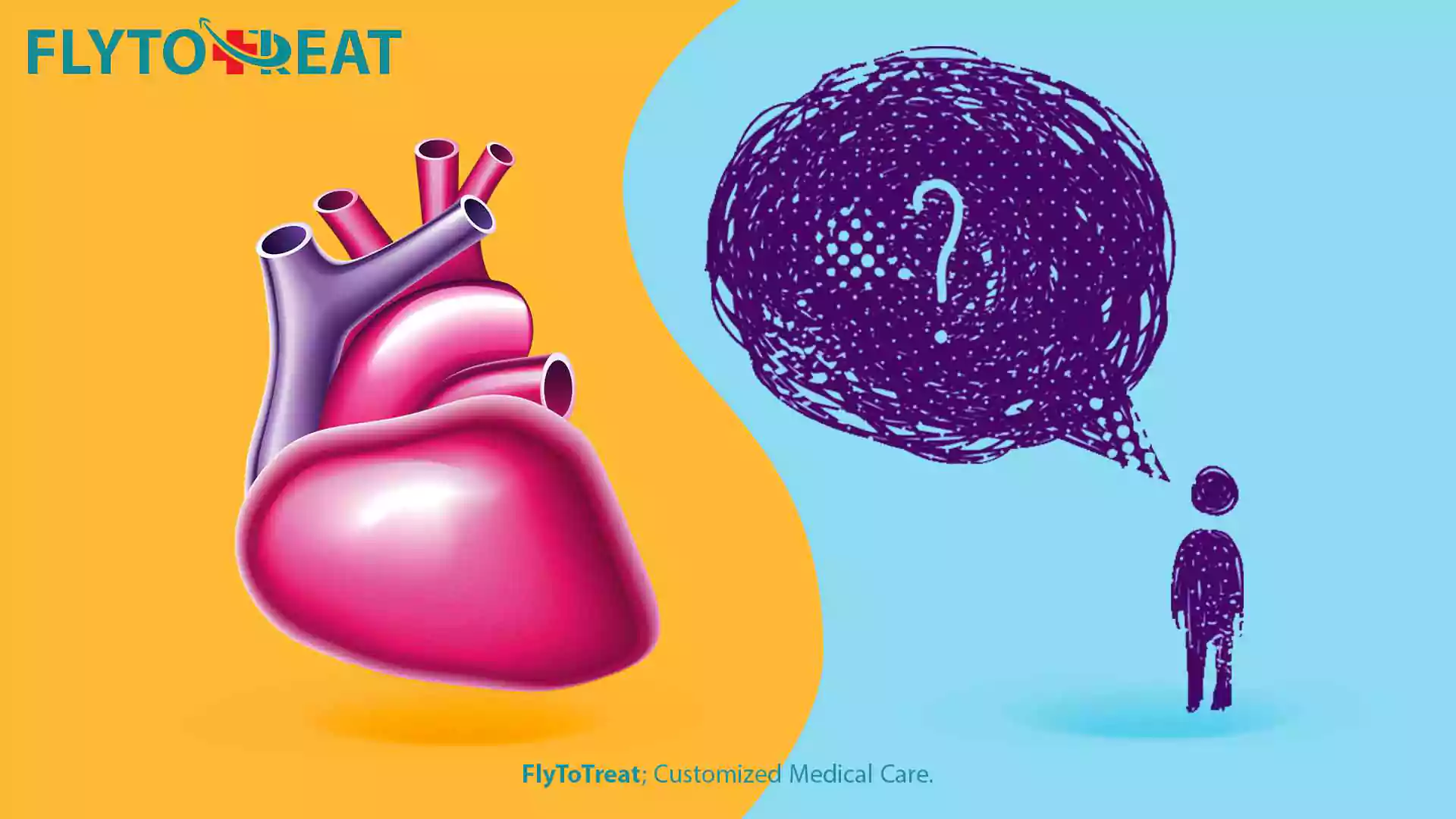
Preparing for Open-Heart Surgery
- Any medications you're taking, including over-the-counter pharmaceuticals, vitamins, and herbs, should be disclosed to your doctor. Notify them of any ailments you're suffering from, such as a herpes breakout, a cold, flu, or a fever.
- Your doctor may advise you to stop smoking and cease using blood-thinning drugs such as aspirin, ibuprofen, or naproxen two weeks before surgery.
- It's critical to discuss your alcohol use with your doctor before surgery. You may experience alcohol withdrawal if you usually drink three or more per day and stop just before surgery. This might result in life-threatening problems such as seizures or tremors after open-heart surgery.
- Your doctor can assist you with alcohol withdrawal to lessen the chances of these consequences.
- Your healthcare team will instruct you to wash with a particular soap the day before the procedure. This soap kills microorganisms on the skin and reduces the risk of infection following surgery. Also, you should avoid eating or drinking anything after midnight.
- Your healthcare practitioner will offer you further precise instructions when you prepare for your open-heart surgery in India.
What You Can Expect After Open-Heart Surgery?
You'll see two or three tubes in your chest when you wake up following surgery. These are designed to aid in the drainage of fluid from the region surrounding your heart.
Also, surgeons will insert intravenous (IV) lines into your arm to deliver fluids and a catheter (a thin tube) into your urine to collect urine.
You'll also be connected to devices that analyze your heart rate. Nurses will be there to assist you whenever the need arises.
Your first night in the intensive care unit is generally spent in the intensive care unit (ICU). You will be relocated to a standard care room for the following three to seven days.
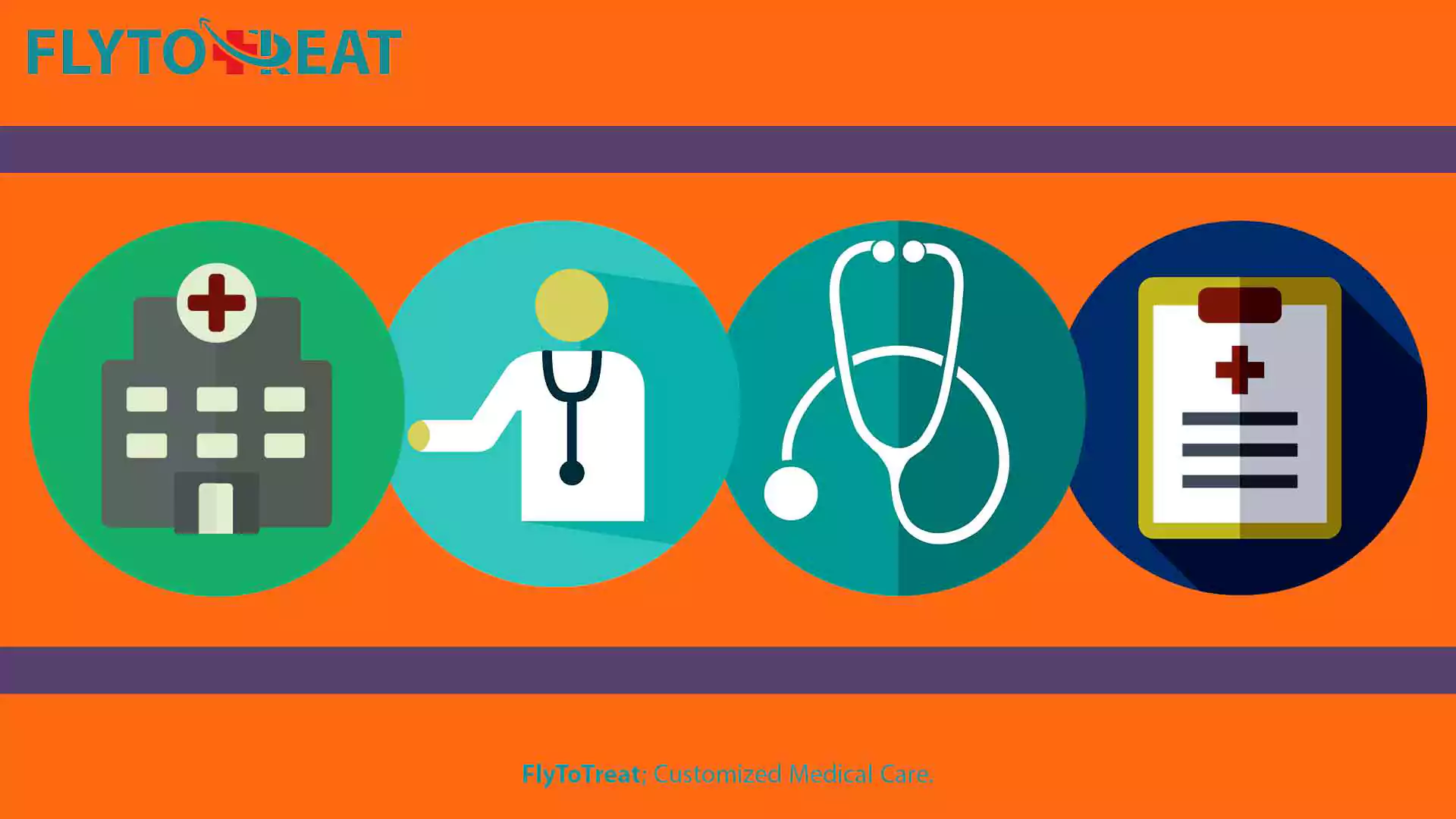
Recovery and Follow-up After an Open Heart Surgery
Immediately after surgery, taking care of oneself at home is essential for your rehabilitation.
Aftercare for the incisions
It's critical to look after your incision. Maintain a warm, dry environment around your incision site, and wash your hands before and after touching it. You can shower if your incision is healing correctly and there is no drainage.
It is good to shower for less than 10 minutes with warm (not hot) water. Make sure the water doesn't come into contact with the incision site. It's also critical to check your incision sites for indicators of infection frequently, which include:
- increased incision site drainage, leaking, or opening
- redness around the wound.
- Fever
- warmth along the incision line
Pain Relief
Pain treatment is particularly critical since it can speed up recovery and reduce the risk of complications like blood clots or pneumonia. Muscle discomfort, throat pain, pain at incision sites, and pain from chest tubes are all possible.
Your doctor will prescribe pain medication that you can take at home. It would be best if you took it exactly as directed. Some doctors advise taking pain medication before engaging in physical activity and going to bed.
Sleep well
Although you may have difficulty sleeping following open-heart surgery, it is critical to obtain as much rest as possible. You may improve your sleep by:
- At least a half-hour before bedtime, take your pain medicine.
- Arrange pillows to reduce muscular strain.
- Caffeine should be avoided, especially in the evenings.
Some have claimed that open-heart surgery causes a deterioration in mental function. However, a recent study has demonstrated that this is not the case. Though some patients may have cognitive impairment after open-heart surgery, it is considered that this is related to the expected consequences of aging.
Rehabilitation
Participating in a planned, thorough rehabilitation program may be beneficial to you as it is to most patients who have undergone CABG. This is usually done as an outpatient procedure with several visits per week. At each visit, you will take advantage of doing some exercise while trying to lower the risk factors and cope with stress, anxiety, and depression. Some patients feel despair or anxiety after open-heart surgery. A therapist or psychologist can assist you in coping with these side effects.
Open-Heart Surgery's Long-Term Prospects
Expect a slow but steady recovery. It might take up to six weeks before you start feeling better, and it could take up to six months to fully benefit from the procedure. However, the outlook is positive for many patients, and the grafts can last for years.
Despite this, surgery does not prevent a recurrence of arterial blockage. You may assist your heart health by doing the following:
- consuming a nutritious diet
- reducing salt, fat, and sugar intake
- adopting a more active lifestyle
- Controlling high blood pressure and cholesterol
- avoid smoking
Reasons for Choosing India for Heart Surgery
-
Facility
India has a certified system, such as the Joint Commission International (JCI) and the National Accreditation Board for Hospitals and Healthcare Providers (NABH), under which hospitals provide treatment similar to, if not more standardized than, that provided in other countries. There are also many of the Best Heart Hospitals in India.
-
World-Class Technologies
Indian hospitals employ some of the finest 7 newest technologies to diagnose and operate on patients. India is also a leader in robotic surgery, which is continually developing.
IMRT/IGRT, the most recent neuro, and transplant support systems, are now accessible, and patients in India can take advantage of them.
-
Trained Specialized Doctors
India has the most experts in South Asia (1.2 million Allopathic specialists). 2 million medical caregivers, and 0.17 million dental experts).
The cardiac surgeons in India maintain their techniques up to date by doing ongoing research. In India, you can also consult with the best cardiologists. The top cities in the country include Mumbai, Delhi, Bangalore, Kolkata, Chennai, and Hyderabad.
-
Minimal Cost
The cost of heart surgery in India is a tenth of the cost in other nations. India is the only place to consider for people who do not have medical insurance and cannot pay for treatment in their home country.
-
Less Waiting Time
There is almost no waiting time in India for consultation or treatment. The Specialist, like the Indians, thinks that the patient comes first.
-
Language
Because English is widely spoken, there is no language barrier. As a result, individuals from various nations will have no difficulty communicating or finding answers to their questions.
-
Hospitality
It might feel like a home away from home for visitors from different nations. When people come to India for medical tourism, they are received warmly and made to feel at ease.
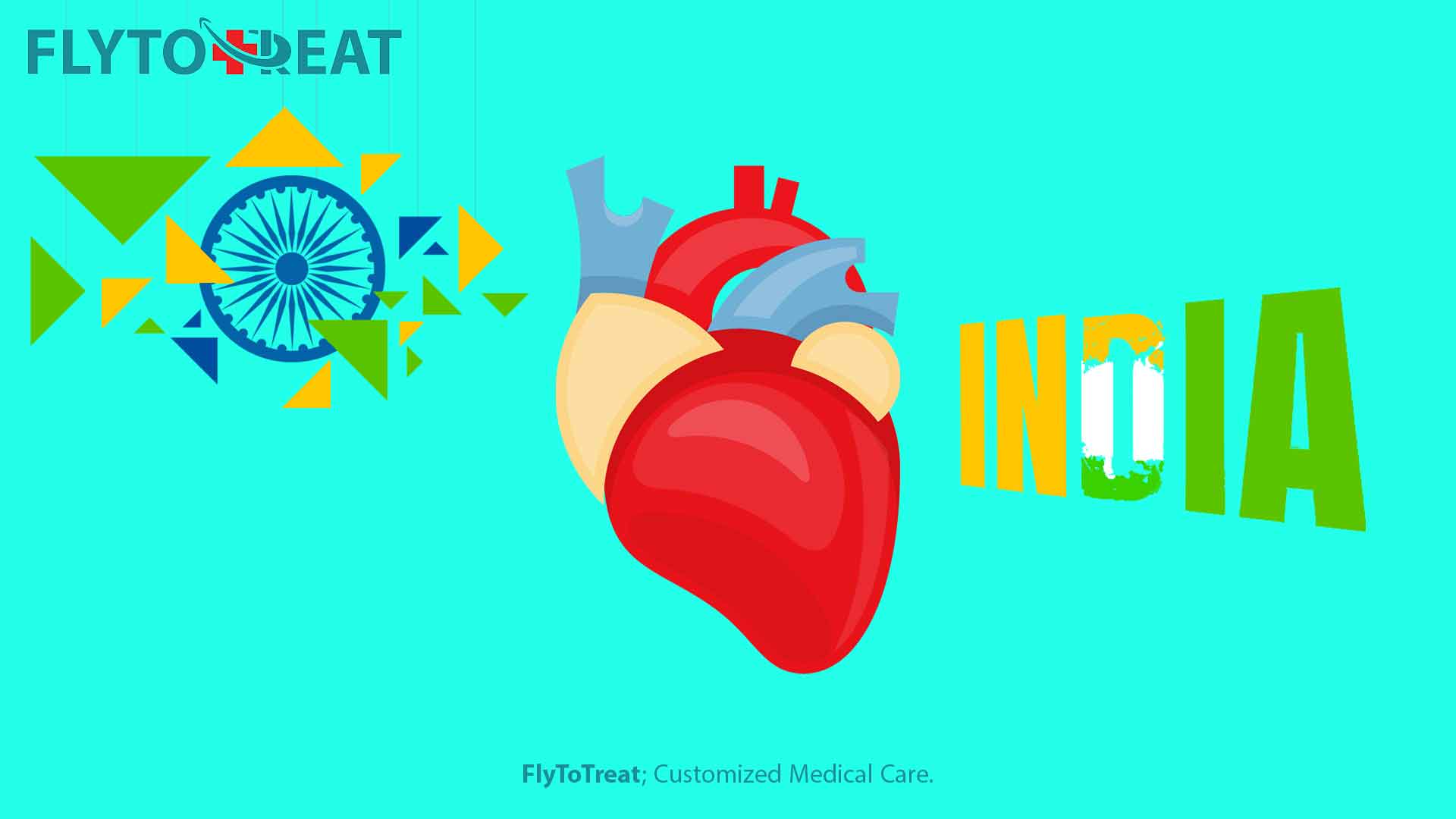
Types of Heart Surgeries in India
-
Coronary Artery Bypass Grafting (CABG)
Coronary Artery Bypass Grafting (CABG) and Coronary Artery Bypass Surgery are two terms for the same procedure. It is one of the most frequent forms of heart surgery, and it is performed by a cardiothoracic surgeon to restore the heart's blood flow.
It arises due to the hardening and blocking of the arteries (Veins). A vein is extracted from a leg, and one end is joined to the aorta or one of its major branches, while the other end is linked to the Clogged Artery shortly after the obstruction is removed to restore blood flow.
-
Transmyocardial Laser Revascularization (TMR)
Another sort of surgical heart treatment is transmyocardial laser revascularization. Tiny channels are created through the heart muscle and on the left side of the heart chamber in this technique (Ventricle).
For surgery, the Specialist employs the Laser Technique. The Heart-Lung machine is not utilized in this surgery since it is only performed while the heart is beating and full of blood.
-
Heart Valve Repair or Replacement
The heart valve aids in the single-stream flow of blood. An aortic valve surgeon performs this operation on the Cardiac Valve in most cases (congenital). It is only achieved when the heart's valves are damaged or diseased, resulting in Valve Dysfunction. If the majority of the Valves are broken, they should be replaced. Mechanical and biological valves are two types of valve replacements that can be used as replacements.
-
Arrhythmia Treatment
Arrhythmia refers to an irregular heartbeat issue. Arrhythmia is mainly treated with a pacemaker. A pacemaker is an electrical device that your surgeon implants beneath the skin of the chest or abdomen to control irregular heartbeats. For this purpose, the surgeon will create a tiny cut in the atria.
-
Aneurysm Repair
Aneurysm Surgery is performed to repair an aneurysm artery, as the name implies. In this case, the Air lump forms in the Artery of the Heart Muscle. The most common cause of this bulge is a weak Artery wall.
The aorta is visible in this surgery because a big incision is made in the abdomen. An aneurysm is repaired with a twig once it is apparent. With the use of a graft, the Specialist eliminates the weakest segment of the artery.
-
Heart Transplant
Heart transplant surgery is performed when a person or patient has end-stage heart failure or coronary heart disease. This technique replaces the failing heart with a healthy heart from a deceased patient.
When all other options have failed, a heart transplant is performed. An incision is made through the patient's breastbone to allow complete access to the heart during this procedure. Heart-lung bypass machines help the body's blood circulation, and the new heart is implanted once the blood flow has been managed.
After completing all tests, the cut in the breastbone is closed with a strong wire that will remain in place for the rest of one's life.
Conclusion
Heart surgery is a surgical procedure used to treat heart problems. One method for surgeons to reach the heart is through open-heart surgery. You can consider it a reliable way of performing heart surgery.
Open-heart surgery can save a person's life. However, it is major surgery. Recovery can take a long time. Before having surgery, you should improve your health as much as possible by exercising, losing weight, and quitting smoking. These actions may aid in recovery.
It's natural to be concerned before having a heart procedure. Because of the importance of the surgery, it is recommended that you choose FlytoTreat in India to achieve the best results at the best prices.
Contact the professionals at FlytoTreat in India to schedule your initial consultation. Find out more about the open-heart surgery in India, fees, and everything else you'd like to know. Flaytotreat is always available to you.
MEDICALLY REVIEWED BY: Dr. Ali Bazazi
AUTHOR: FlytoTreat's team of Authors
26 June 2023 - Updated At: 26 May 2024
Related Articles
Comment





